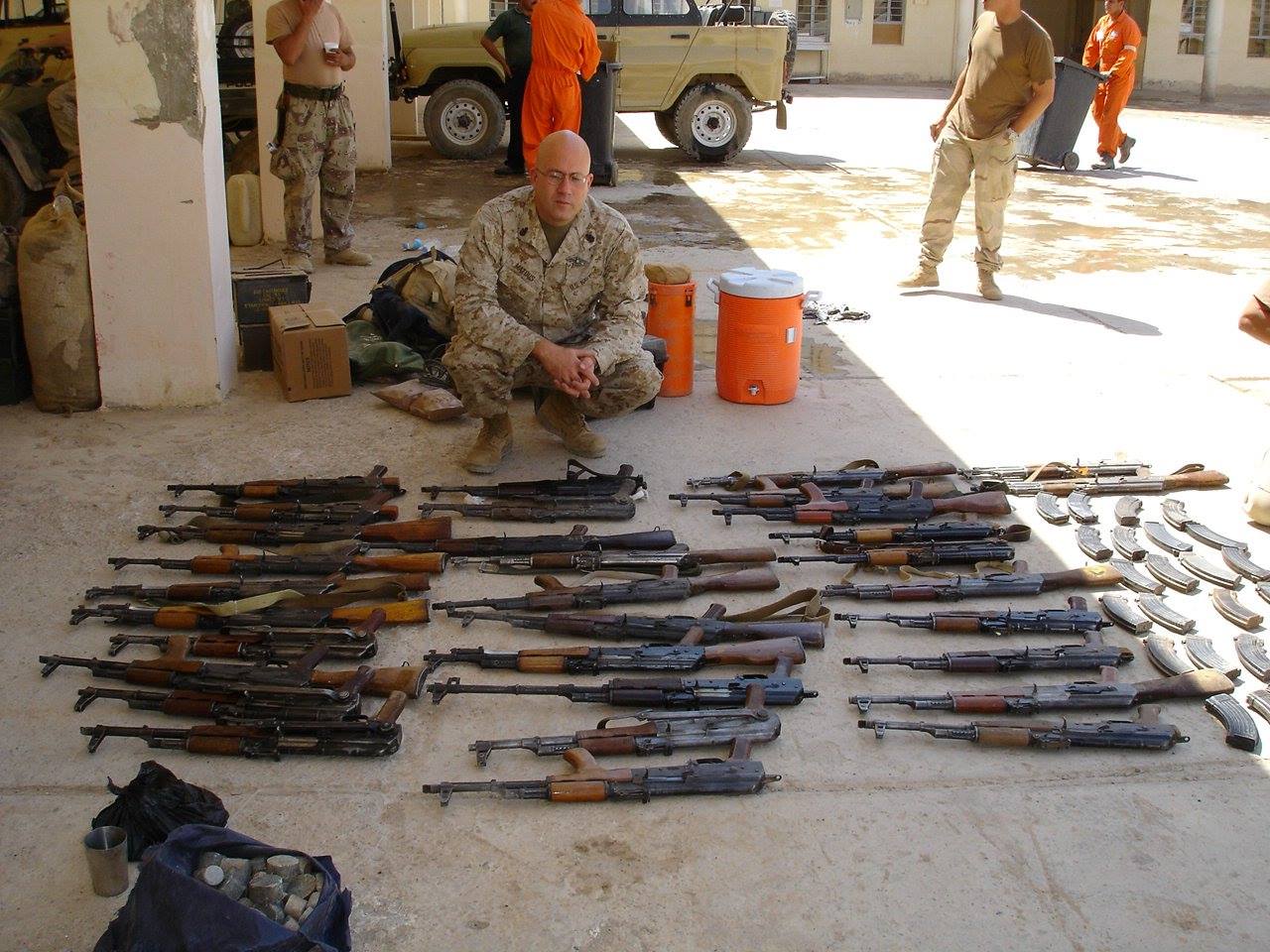Diatribes of a Knucklehead
STA Platoon 3/3 had exception Corpsmen throughout the 1980s and 1990s. They were all amazing medical technicians and physical studs.
One of our Docs was a man named Karl Matous. When Karl was Our STA Doc (1980s) he insisted all of the Marines were proficient at trauma medicine.
A few years later (1990s) Karl and I were again in the same unit, but this time he was to senior in rank and experience for our platoon. That did not deter Karl from training our Scout Snipers though; in fact, it made us even better medically, because Karl was running the Battalion’s medical training our STA Plt Marines were invited to all BAS training sessions.
We were learning emergency medicine and loving it. We went as far as to mandate all of our Marines complete the Navy correspondence course, “Hospital Corpsman 3 & 2.” I still have my copy. We went through suture certification, IV therapy, etc. Every man was carrying the equivalent to a “Unit 1” medical kit with our other gear.
While I was the Chief Scout, I allowed Karl to run “snap” medical situations on the Plt anytime he wanted. Karl would make us do push up for mistakes; sometimes.
For instance: one day Karl grabbed a Marine and laid him down on the sidewalk outside our Sniper Hooch. He called for help and we saw Karl, therefore knew it was training. Karl had a ladder set up against the building. What he was teaching us was to look around. Due to the ladder, we assumed he fell and went right into C-Spine procedures; senior man on the head and directing all activity.
Later, while we were training at Camp Fuji, Japan Karl’s IDC (Independent Duty Corpsman) buddy allowed some of us to work in the ER on our off time. We would just sit around and talk about trauma medicine and then treat the few injured that came to the ER.
Later yet, Karl became an IDC and believe it or not we were then neighbors on Okinawa and he helped my unit and me out many times. Even on a weekend when I dropped a steel drainage grate on my fingers. He drove me to medical, sewed me up, talking crap to me the entire time, and then drove home.
Due to Karl’s training, I have used this medical knowledge many times to help injured individuals.
An unintended side effect was that our Scout Snipers realized as we learned anatomy that we were not only learning the heal; we were actually becoming more knowledgeable shooters, because as everyone knows, shot placement is more important than caliber.
Karl Matous was one of the greatest assets to me and my men throughout my 30 years in the Corps. Karl is still a guardian angel, working as a civilian Paramedic.
Follow our regular channel at Spotterup on YouTube
Follow our WEBSITE
Follow on Instagram
Visit our STORE
*The views and opinions expressed on this website are solely those of the original authors and contributors. These views and opinions do not necessarily represent those of Spotter Up Magazine, the administrative staff, and/or any/all contributors to this site.

